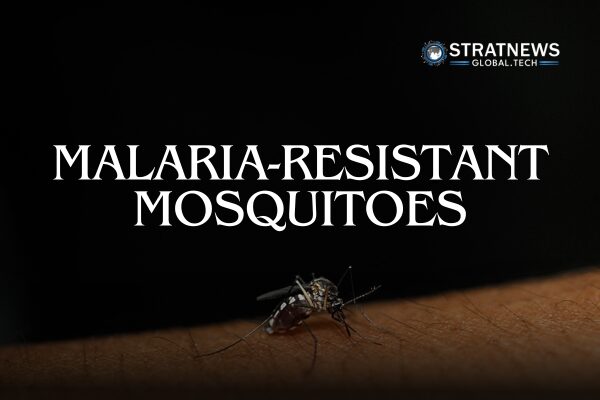A New Approach to Fighting Malaria
An international team of scientists has developed genetically modified mosquitoes designed to halt the spread of malaria, one of the deadliest diseases worldwide. The Transmission Zero team used gene drive technology to create malaria-resistant mosquitoes that pass on their resistance to future generations.
Professor George Christophides, who led the research at Imperial College London, explained the initiative’s goal. “The program was set up to genetically engineer mosquitoes to make them unable to transmit malaria,” he told Reuters. “That’s why we’re called Transmission Zero—zero transmission—and then to engineer them also to spread that modification in wild populations.”
Malaria’s Global Impact and the Need for Innovation
Malaria claims around 600,000 lives annually, with 90% of victims being children under five years old, mostly in Africa. Traditional measures, including insecticides and medicines, have become less effective due to increasing resistance among mosquitoes and malaria parasites.
“It’s a massive problem,” Christophides said. “Malaria is the single biggest killer of human beings in the history of humanity.” The Transmission Zero team believes their innovative approach could provide a sustainable and long-term solution.
How the Genetic Modification Works
The project involves a two-stage strategy. First, scientists genetically alter mosquitoes to make them incapable of carrying the malaria parasite. Second, they ensure that future generations inherit this resistance, allowing the modification to spread naturally.
“You make them genetically modified in the lab. You have a population of mosquitoes. You release them in the field. They will be able to mate with the wild population, with the wild mosquitoes. And when they mate, all their progeny will become resistant as well,” Christophides explained.
This self-propagating method could significantly reduce malaria transmission without requiring continuous interventions. It also offers a way to reach mosquito populations in remote areas that are difficult for humans to access.
The Transmission Zero team, led by Imperial College London, is working with partners at the Ifakara Health Institute and the National Institute of Medical Research in Tanzania, as well as the Swiss Tropical and Public Health Institute in Switzerland. They aim to begin field trials within the next few years.
With inputs from Reuters


